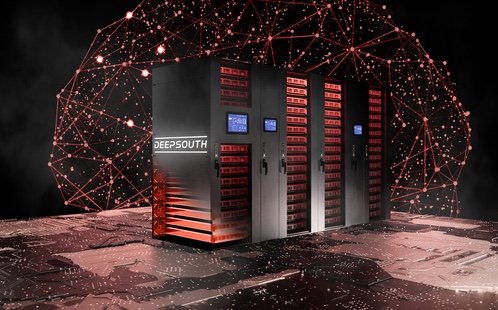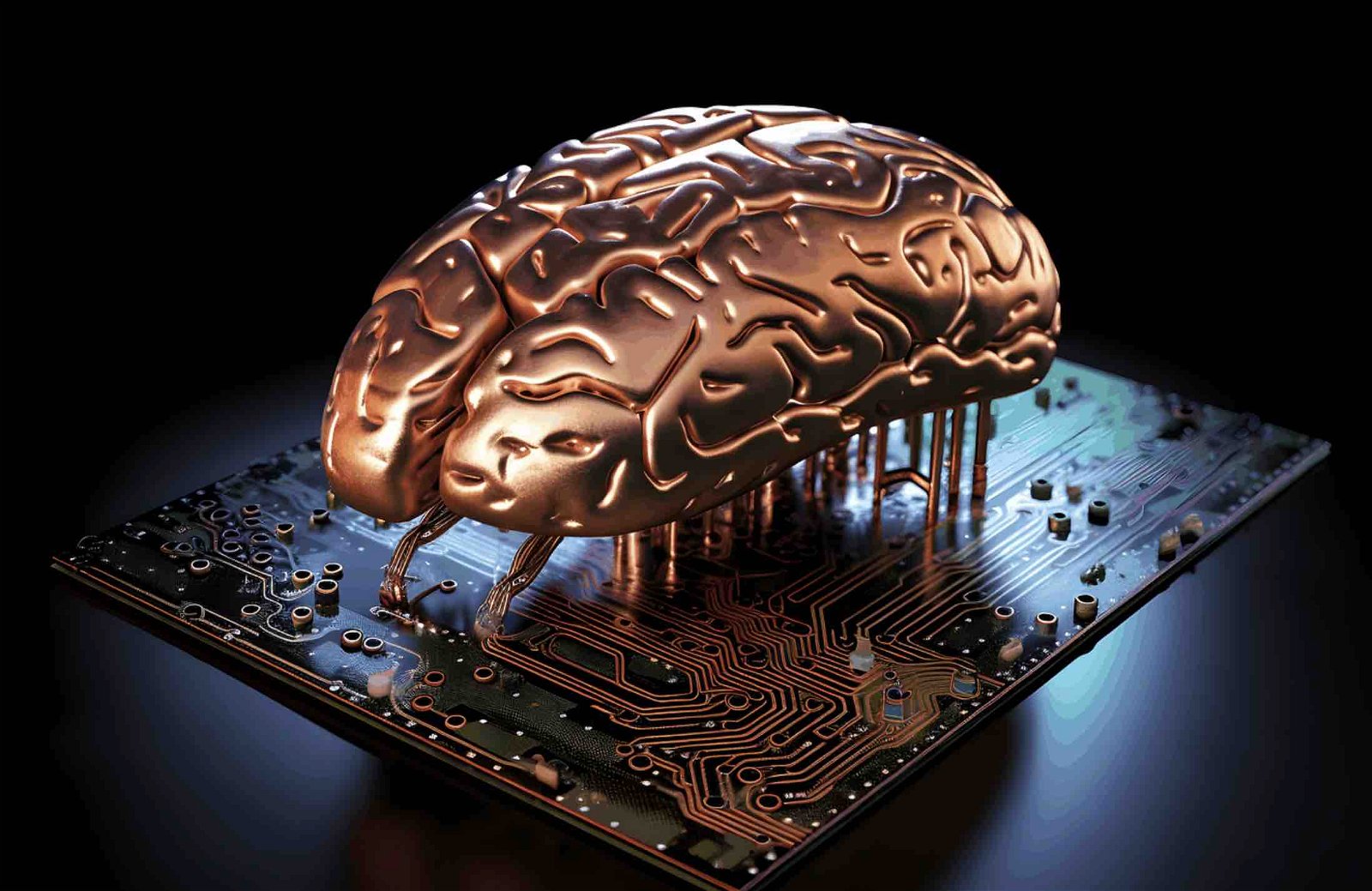Researchers in Australia are developing the world’s first supercomputer capable of simulating networks at a scale comparable to the human brain, which they say will be complete by next year.
The remarkable supercomputer, which its creators call DeepSouth, is a neuromorphic system designed to be capable of simulating the efficiency of biological processes, achieved with hardware that emulates large networks of spiking neurons at an astounding 228 trillion synaptic operations each second.
The human brain is remarkable for its efficiency. Capable of processing the equivalent of one billion-billion mathematical operations per second, known as an exaflop, each second while only using 20 watts of power, researchers have long hoped to be able to replicate the way our brains process information.
Under development by a research team at Western Sydney University, Australia, the astounding 228 trillion synaptic operations per second that DeepSouth is expected to be capable of will not only rival the capabilities of the human brain, but also pave the way toward the future creation of synthetic brains that may exceed the remarkable capabilities ours possess.


Supercomputers Today, Super Brains Tomorrow
If we imagine the creation of cyborg brains capable of rivaling the natural capabilities of humans, the kinds of imagery that come to mind aren’t necessarily pleasant. However, more than an attempt to create a synthetic system that can outperform the natural brains humans possess, the researchers at Western Sydney University hope to glean a deeper understanding of how our brains work, as well as what helps them perform so efficiently.
Nonetheless, the results of such studies, if successful, would almost inevitably lead to supercomputer “brains” vastly more powerful than our own, potentially giving rise to a form of superintelligence the likes of which the world has never seen.
However, André van Schaik, a Professor at Western Sydney University and Director of its International Centre for Neuromorphic Systems, says that currently efforts to understand what makes our brains so remarkable, and more specifically, what facilitates their impressive capabilities using neurons, are moving slowly. This is mainly because we can’t simulate networks that perform like the human brain at scale.
At least not yet. Part of what is currently hampering such efforts are the limitations inherent to the processing units currently in use with standard computers. However, Professor Shaik and the Australian team aim to change that with the innovative technologies that will go into DeepSouth.
The hardware DeepSouth will require to operate will likely do more than merely facilitate the most brain-like supercomputer ever built. It will effectively help enable an experimental playground for neuroscientists seeking to better understand how the brain functions, as well as how some of those efficient processes can be replicated.
A Supercomputer with Diverse Applications
Beyond neuroscience, DeepMind will provide a useful means by which new advancements in artificial intelligence (AI) may be achieved, as well as potential solutions to current problems that AI systems face, and a range of other potential applications.
“This platform will progress our understanding of the brain and develop brain-scale computing applications in diverse fields including sensing, biomedical, robotics, space, and large-scale AI applications,” Professor Shaik said in a statement.
Shaik and his team emphasize that in addition to being remarkably fast while maintaining optimum efficiency, DeepSouth will be scalable and easily reconfigured, which will allow the addition and reprogramming of new supplemental hardware as needed.
The computer’s name, in addition to drawing from its location, is a nod both to IBM’s TrueNorth system, which led efforts to build machines capable of simulating large networks of spiking neurons, as well as Deep Blue, the world’s first computer chess champion.
DeepSouth is one of a handful of similar research efforts aiming to replicate or exceed human brain capabilities.
Micah Hanks is the Editor-in-Chief and Co-Founder of The Debrief. He can be reached by email at micah@thedebrief.org. Follow his work at micahhanks.com and on X: @MicahHanks.

